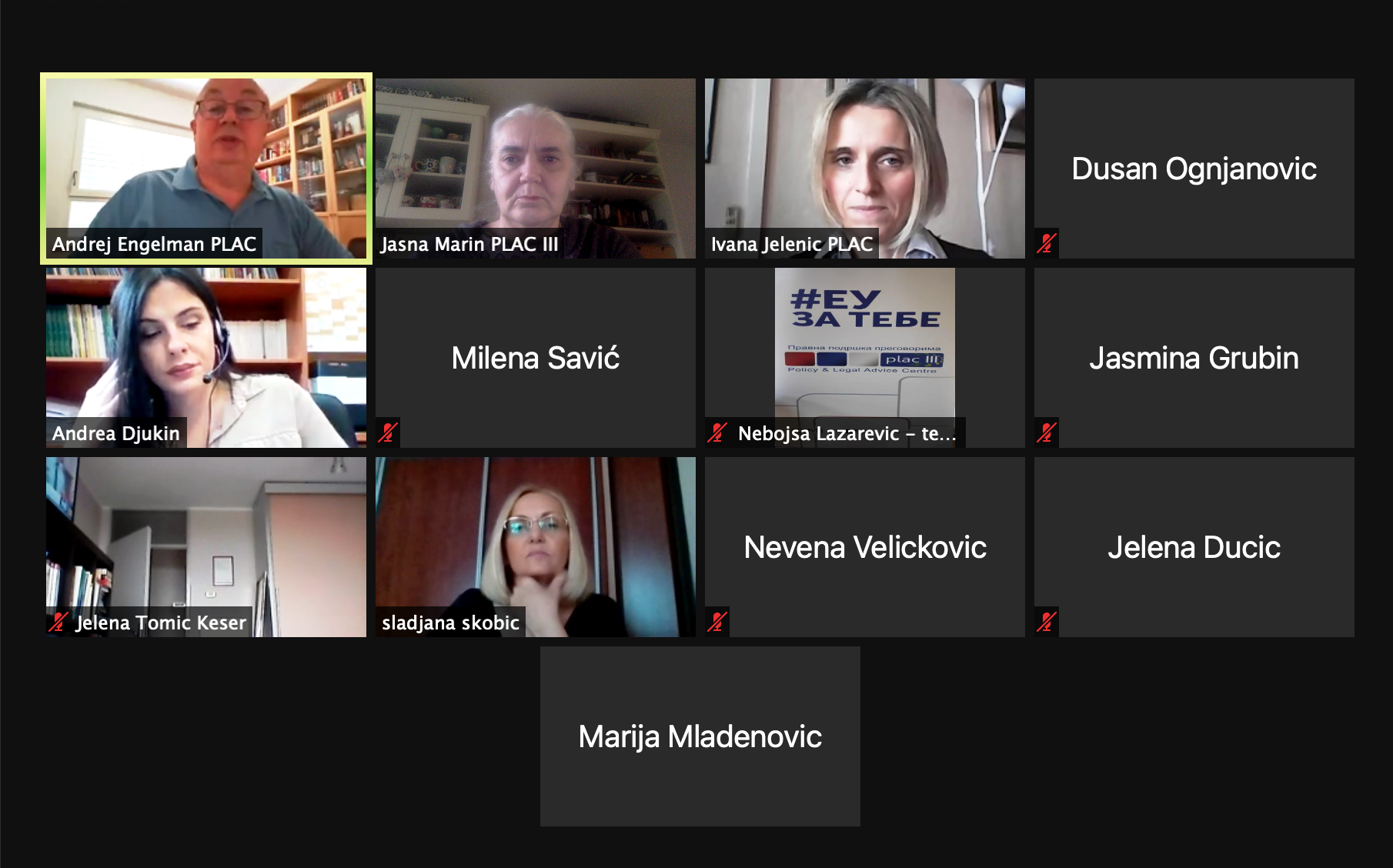Within the framework of preparations for negotiations with the EU regarding Chapter 27 (Environment and Climate change), assistance has been provided to the Ministry of Environmental Protection in preparations for full implementation of the Nagoya Protocol on biodiversity.
The Republic of Serbia ratified the Nagoya Protocol on Access to Genetic Resources and the Fair and Equitable Sharing of Benefits Arising from their Utilization to the Convention on Biological Diversity in September 2018. In the European Union, the area is regulated by the Regulation No 511/2014 on compliance measures for users from the Nagoya Protocol on Access to Genetic Resources and the Fair and Equitable Sharing of Benefits Arising from their Utilization in the Union and related Implementing Regulation 2015/1866 (laying down detailed rules as regards the register of collections, monitoring user compliance and best practices).
In order to assess legislative and institutional needs for a full implementation of the Nagoya Protocol and the EU Regulation on Nagoya Protocol (511/2014), Policy and Legal Advice Centre (PLAC III) project experts prepared an analysis of the national legislation relevant for biodiversity preservation, in particular from the point of need of introducing the “concept of access and benefit sharing” – ABS. The concept has been established by the Convention on Biological Diversity, to which the EU and its Member States are parties, as well as the Republic of Serbia.
Project expert Ivana Jelenić presented the EU Regulation on Nagoya Protocol at a workshop held on 4 December 2020. The Regulation lays down obligations for users of genetic resources as well as obligations of Member States and their competent authorities. It defines using of genetic rsources as „conducting research and development on the genetic or biochemical composition of genetic resources, including the application of biotechnology“, which entails commercial benefit, too. Genetic resources can be used by legal and natural persons (scientific institutions, botanical and zoo gardens, small and medium enterprises, etc). Member States must appoint one or more competent authorities to which all users are obliged to deliver a due diligence statement in the phase of public financing of a research and in the final product phase. The Regulation also stipulates that Member States should share information on the platform for exchanging information on ABS and facilitating implementation of the Nagoya Protocol.
Recommendations for adapting the legislative frameworkd were made, i.e, it was concluded that, upon its amendment, the Law on Nature Protection represents a solid base for implementation of the Regulation 511/2014.
The workshop was held online, due to the ongoing Covid-19 disease pandemic. It was attended by the representatives of the Ministry of Environmental Protection, Ministry of Education, Science and Technological Development, Ministry of Agriculture, Institute for Nature Conservation, educational institutions and other stakeholders.




